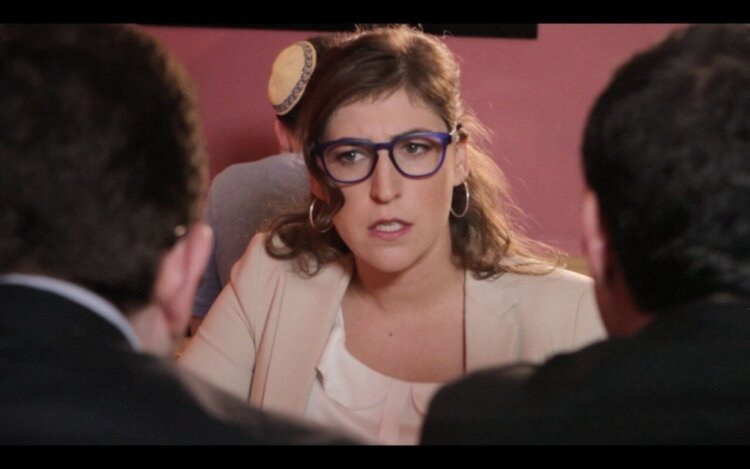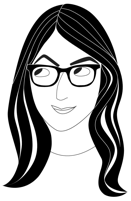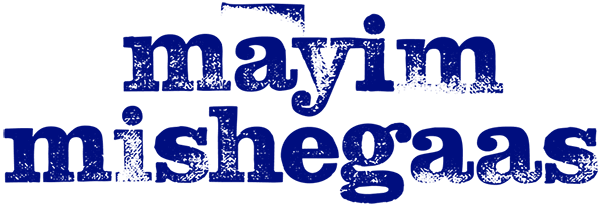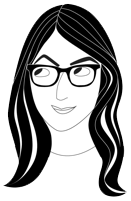
A few weeks ago, I was at my sons’ tae kwon do studio. One of the other parents is apparently German, as he was counting to his daughter in German while they were waiting for her brother to finish class. Just for kicks (get it? Kicks? In tae kwon do?) and because I can, I began counting along.
When the father left, one of the other parents who obviously had heard me counting asked if I was German too. I hesitated, because the next thing out of my mouth sometimes gets really strange reactions.
I told her, “I’m Jewish. I speak Yiddish.”
What followed next was me basically giving a brief history lesson. (I’m sure you are not surprised to learn that often when I open my mouth, I am told it sounds like a brief and sometimes not-so-brief history lesson.) This particular history lesson went something like this:
Yiddish is the language of Eastern European Jews. It is based on German grammar. Approximately 30% of Yiddish is Hebrew with some modifications in pronunciation. The other 70%, while predominantly German, also includes various other contributions from Slavic languages and other surrounding dialects. Yiddish is one of over two dozen “secret” Jewish languages that have existed in the history of the world. We use the Hebrew alphabet to write the language of the community we are living in. Therefore, Yiddish is essentially German phonetically written in the Hebrew alphabet.
That’s the brief history. I have written before here about what it was like for me traveling to Germany for the first time and in particular, how it felt to be a Yiddish speaker in Germany. Suffice it to say, it’s complicated.
My grandparents were Yiddish speakers and on my mother’s side, she only spoke Yiddish in her home and my grandparents honestly never had a full command of English. They immigrated to this country just before the start of World War II, they lived in Yiddish-speaking communities, they worked in sweatshops and factories where plenty of people spoke Yiddish, and they operated in an entire culture of Yiddish speakers. I was raised with a smattering of spoken Yiddish and a pretty hefty vocabulary of Yiddish.
When my sons were born, Yiddish flowed from my lips as the most logical way to communicate with babies. I guess it was just in my genes. I used basic phrases and sentences with my boys which they still understand for the most part. Yiddish is interwoven into my speech, and I’ve even sometimes speak in English the way I would translate into Yiddish. Sometimes this is called “Yinglish.” One example is, when asking questions, sometimes we use grammar like this even in English, “Do you want that I should order you insurance on your new tablet?”( This is actually an exact sentence I texted to my mother regarding her new tablet.)
I’m also told that another thing I do which sounds odd to a non-Yiddish speaker is I will place a modifying phrase in weird places. Like this: “I need to move it, the table.” Instead of “I need to move the table.”
When I learned about “YidLife Crisis,” an online comedy series entirely in Yiddish starring two young guys from Montreal, I felt like I had found long-lost relatives. Like me, YidLife Crisis co-creators Jamie Elman and Eli Batalion have Yiddish-speaking family but are fully immersed in secular life. (There is a portion of Orthodox Jews who speak Yiddish as their primary language, but their numbers are very small.)
I was asked to do an episode of this series (standard episodes run about 4 minutes, some special episodes run longer) and I happily learned more Yiddish than I knew before – while there isn’t a classical Yiddish word for everything, the YidLife guys work with a Yiddish scholar to make sure that their translations are as close as they can be (such as the Yiddish for “Irritable Bowel Syndrome,” for example).
Jamie and Eli are intelligent, funny, and they write a really neat series about two very different types of Jewish men. One is traditional, shy and kind of nebbishy (the fair-skinned Eli), while the other is an atheist outspoken, fiery questioner of tradition (the more rugged brunette).
It was a great experience – we had a ton of fun filming, my mom came and watched a bit (she thinks I sound German when I speak Yiddish, while her accent has more of a Hungarian/Polish flair, if you’re curious); and the end result is very sweet and funny.
Watch, share, and enjoy! A sheynem dank! (Thank you!)




 Read More From Mayim
Read More From Mayim
Grok Nation Comment Policy
We welcome thoughtful, grokky comments—keep your negativity and spam to yourself. Please read our Comment Policy before commenting.